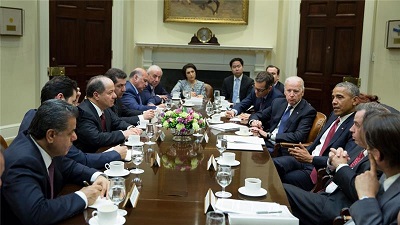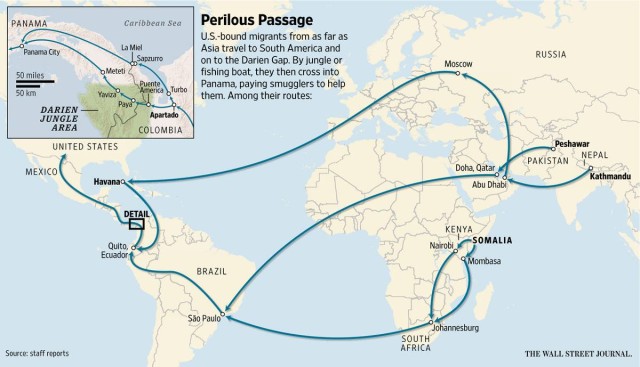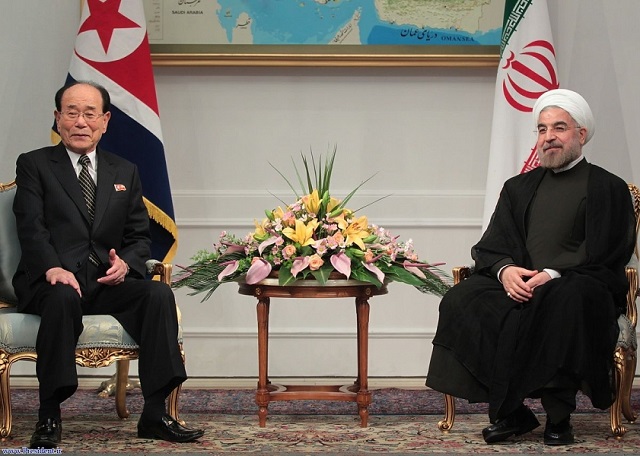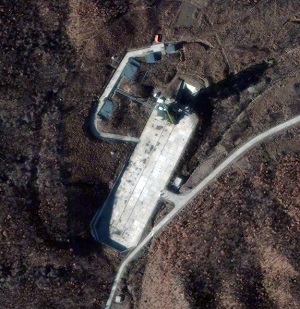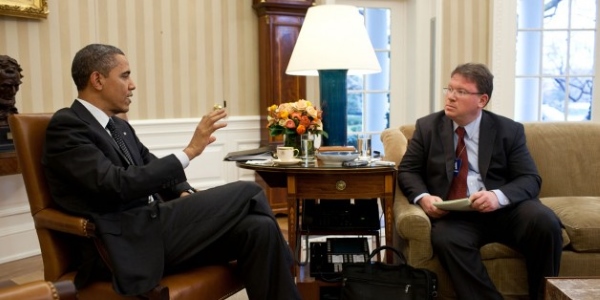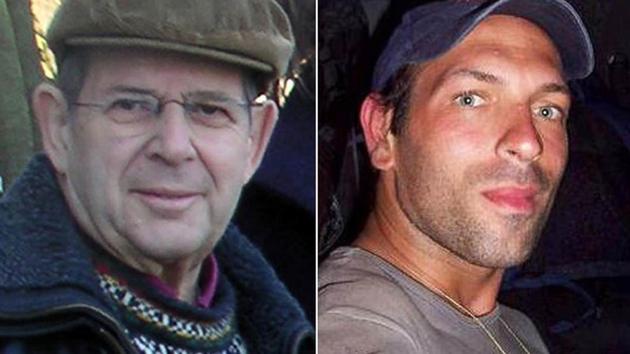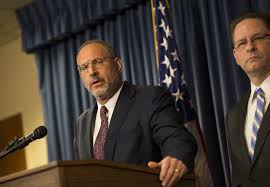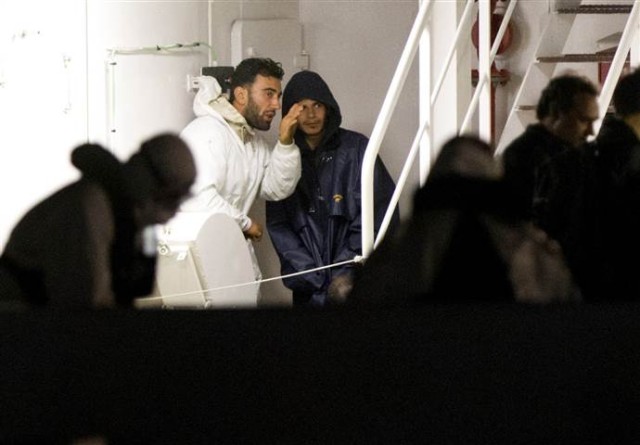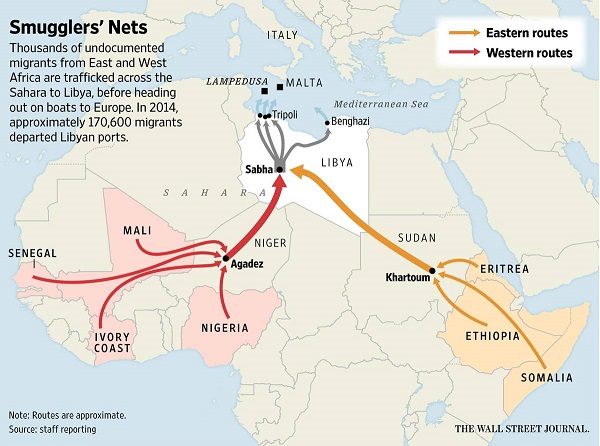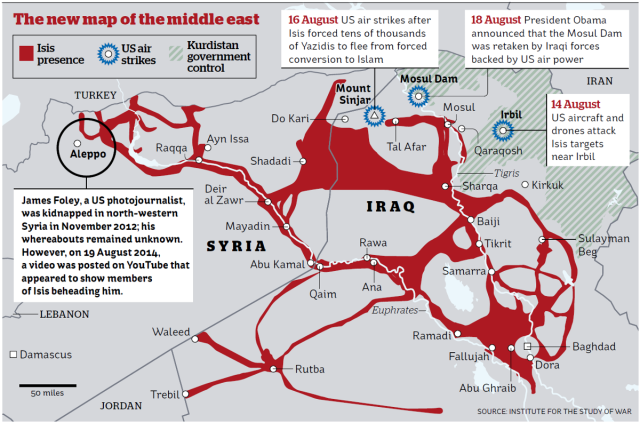Iranian Court Fines the U.S. $50 Billion!
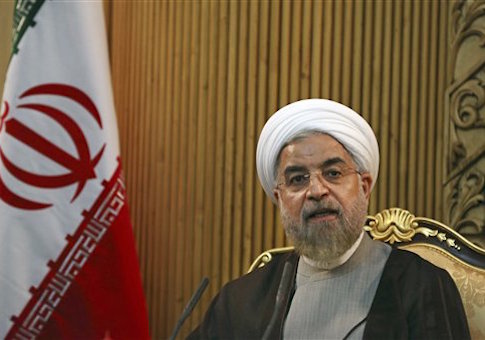
Iranian President Rouhani.
Just prior to the announcement of the Joint Comprehensive Plan of Action (JCPOA) in Vienna on July 14th, an Iranian court announced a fine of $50 billion against the U.S. It was ostensibly for the U.S. complicity in fostering the deaths and damages inflicted on Iran during the nearly decade long war between the Ba’athist regime of the late Saddam Hussein of Iraq and the Islamic Regime and its revolutionary Supreme leader, founding Ayatollah Khomenei. That was the cover story. It was only following the unanimous endorsement by the UN Security Council of the JCPOA on July 22nd and the attention brought by the series of Congressional hearings in both the Senate and House, that the real purpose was revealed: the denial of nearly equivalent claims awarded in U.S. courts to the victims of Iranian sponsored terrorism committed by proxies.
There are more than 100 cases with awards made in U.S. federal courts. They involved the bombings in Beirut of the U.S. embassy and destruction of the Marine Barracks resulted in over 304 American dead, the Khobar Towers bombing in 1995 in Saudi Arabia where 23 USAF personnel were killed and others were maimed and injured and the deaths of 12 Americans in the 1998 East African bombings in 1998 in Kenya and Tanzania, and the victims in the Iran 9/11 links case. These were acts of state sponsored terrorism by the Iranian Islamic Republic that killed hundreds if not thousands of Americans adjudicated in U.S. courts under the provisions of the 1996 Antiterrorism and Effective Death Penalty Act.
Adam Kredo in a July 13, Washington Free Beacon, wrote about the coincidental Iranian Fars news agency announcement of the ‘fine’ issued by the Iranian court:
An Iranian court on Monday issued a ruling fining the United States $50 billion for purported damages against the Islamic Republic and its citizens, according to an announcement by Iran’s Judiciary.
Iran claims that the United States is guilty of inflicting “heavy loss and damage” on the country, as well as “killing the Iranian nationals by assisting their enemies,” such as former Iraqi dictator Saddam Hussein, according to Iran’s state-controlled Fars News Agency.
The ruling charges “the U.S. administration with the payment of a total 50-billion-dollar fine for the losses it has incurred on real and legal entities,” according to Fars.
A spokesman for Iran’s Judiciary was quoted as saying during a press conference in Tehran that “those who had filed a lawsuit against the U.S., their complaints have been processed.”
Specific names of those leveling these charges were not released.
Following a supposed court hearing and judicial review, “the Iranian courts have issued verdicts against the U.S. administration that charge Washington to pay a total $50bln to compensate for a part of the losses it has inflicted on Iranian legal entities and real persons,” Fars reported.
The report goes on to accuse the United States of aiding “different terrorist groups against Tehran.”
Yesterday, the answer as to why Iran chose the occasion of the JCPOA announcement to announce this claim against the US was revealed in a Wall Street Journal article on the languishing status of claims of the families of US victims of Iranian sponsored terrorism adjudicated in New York federal courts, “Terror Victims Eye Thawing with Iran”:
Over the past two decades, terrorism victims have filed about 100 lawsuits against Iran in U.S. courts, accusing the government of sponsoring attacks around the world, including the Sept. 11, 2001, attack. Federal judges have awarded victims a total of approximately $45 billion, including $21.6 billion in compensatory damages, according to calculations by Crowell & Moring LLP. Iran has refused to pay.
A State Department official said there were no discussions of terrorism victims during the nuclear talks, but the U.S. remains committed to looking for ways for victims to seek compensation. Victims’ lawyers are hoping that a thawing of relations with Iran could pave the way for an eventual resolution of the terrorism claims.
“To really have a rapprochement with Iran, the terrorism sanctions and judgments have to be dealt with one way or another,” said Stuart Newberger, a partner at Crowell & Moring who represents terrorism victims, including the Americans who were killed in U.S. embassy bombings in Kenya and Lebanon.
Terror victims and their families have limited options to seek compensation through the legal system. New laws passed in recent decades, such as the 1996 Antiterrorism and Effective Death Penalty Act, have allowed victims to sue countries like Iran in U.S. courts for monetary damages. Enforcing the judgments is an entirely separate challenge.
Victims’ lawyers have scoured the globe for Iranian assets and sought out creative solutions to get paid. They have gone after Iranian central bank funds deposited at Citibank, a case that is awaiting potential review by the U.S. Supreme Court. They are among the parties trying to win the proceeds generated by the potential forfeiture and sale of a 36-story office building in New York City, which a federal court found to be owned by the Iranian government. That case is currently on appeal with the Second U.S. Circuit Court of Appeals.
Victims are also trying to win a portion of the approximate $9 billion penalty paid by French bank BNP Paribas SA to the U.S. government last year for facilitating illegal transactions for Iran and other sanctioned countries.
The agreement reached three weeks ago pertains strictly to nuclear sanctions, leaving the sanctions related to terrorism and human rights intact for now. However, even lifting just the nuclear sanctions could free up billions of Iranian assets in Europe and elsewhere that victims may attempt to seize as part of their judgments, victims’ lawyers say.
“If [the nuclear deal] goes through, resolving terror cases inevitably comes up next,” said James Kreindler, who specializes in terrorism litigation at Kreindler & Kreindler LLP and represents the 9/11 victims, among others. “Iran doesn’t want to see sanctions lifted and lawyers for hundreds of plaintiffs attaching their bank funds all around the world.”
[…]
Among the dozens of plaintiffs’ groups with judgments against Iran, the biggest judgments have been the $6.1 billion awarded to victims of 9/11 and the $9 billion awarded to victims of the 1983 bombing of a Marine barracks in Beirut. Lynn Smith Derbyshire, whose brother was killed in the Beirut attack, says many victims are closely following the Iran deal to see if it will help their cause. “It’s a constantly open wound,” said Ms. Derbyshire, who is the national spokeswoman for the Beirut families. “You don’t really get to close the book and move on because you’re constantly being reminded of it.”
These unsatisfied federal court awards against Iran for state sponsored terrorism that resulted in the deaths and injuries to hundreds if not thousands of Americans would block the release of frozen assets and sanctions penalties against Iran. To obviate paying these claims the Islamic regime came up with a Court ruling with an equivalent amount that would be used to deny paying damage awards.
Outrageous, you bet. But then the tawdry spectacle of our government succumbing to concessions in the Iran nuclear pact by the Iranian negotiating team set the stage for this calumny.
RELATED ARTICLE: The Teheran Formula
EDITORS NOTE: This column originally appeared in the New English Review.

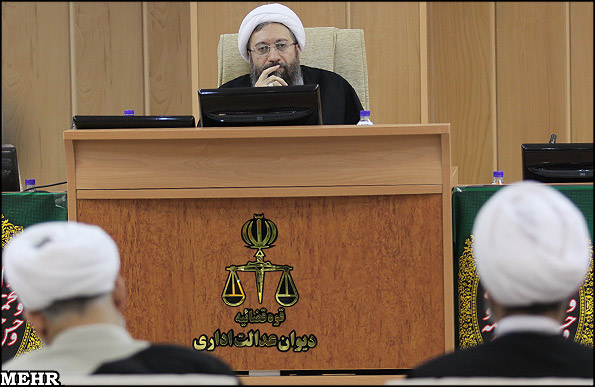
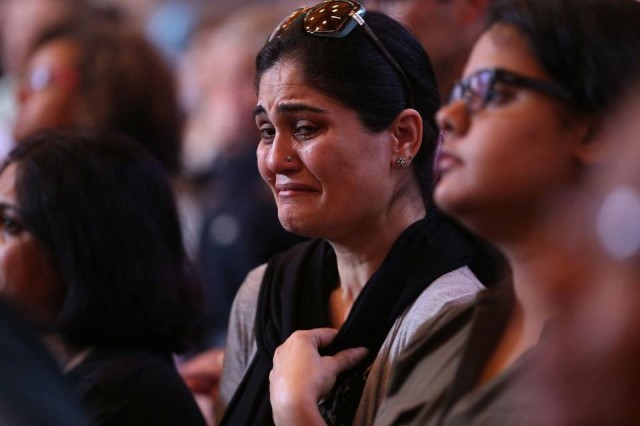


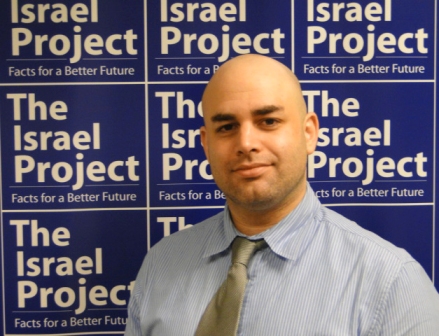
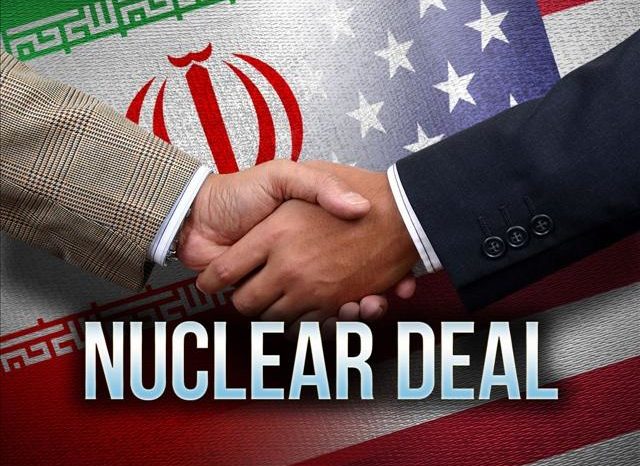

 With the publication of his memoir,
With the publication of his memoir, 

